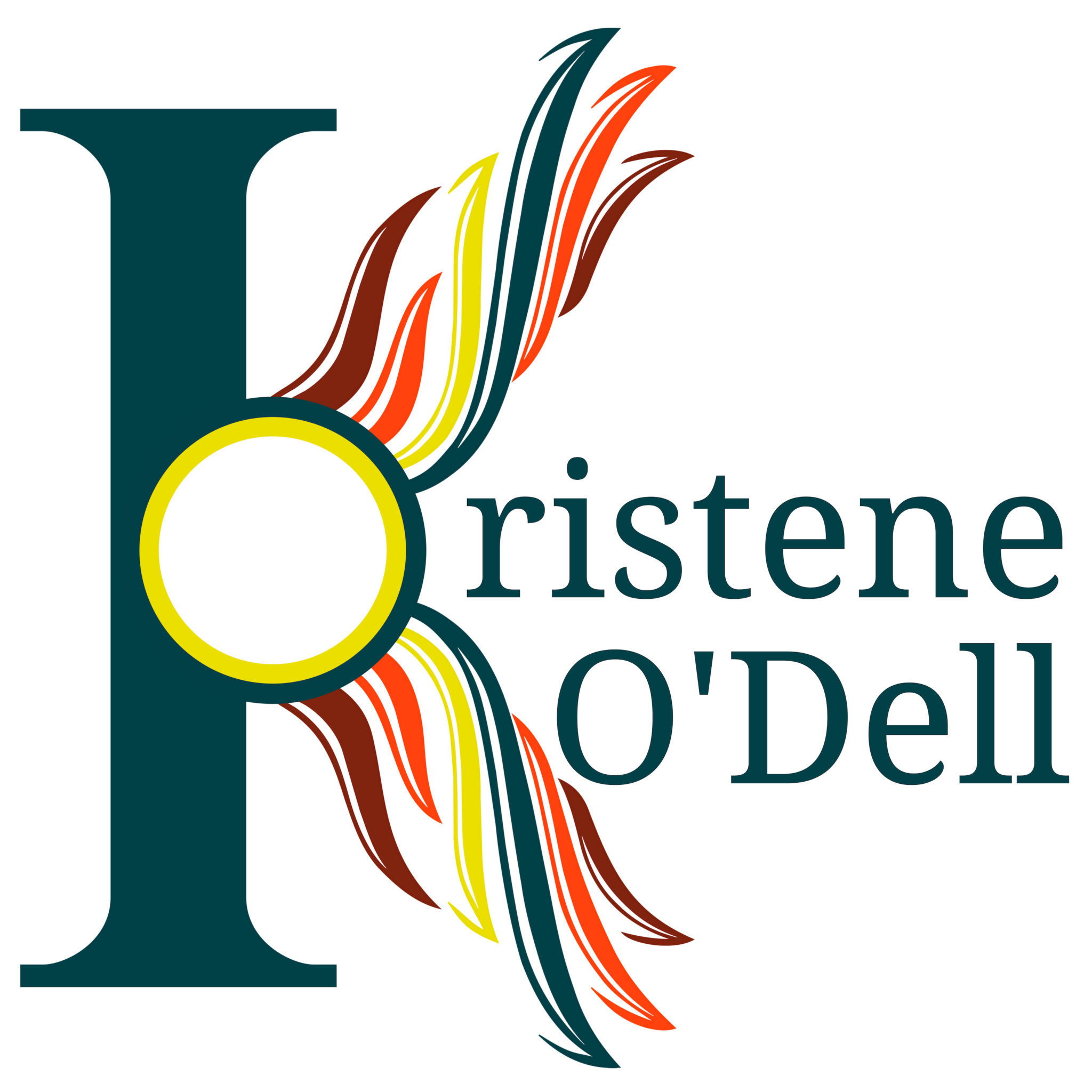“The only way to deal with an unfree world is to become so absolutely free that your very existence is an act of rebellion.” ~ Albert Camus
Continuing the discussion on personality profiles, psychologists typically agree that there are only five measurable traits that should be taken into account. It’s called the OCEAN test: openness, conscientiousness, extraversion, agreeableness, and neuroticism. I score a ninety-nine on the openness portion of the test – a ninety-nine out of one-hundred. That doesn’t mean I am open to every idea that comes my way. I have strong convictions about not allowing factors that hurt others to be my prevailing mindset. What it does mean is that I am open to experiences, change, creative solutions, and an understanding of others. I find that people project their preferences onto one another and call it
8. Creative people are both rebellious and conservative.
Albert Camus grew up around revolutionary ideas and philosophy. He moved to Paris as a young man in the height of World War II, joining the resistance movement during the Nazi occupation of France. When the war was over, he became a political journalist. He was a prolific writer expounding on the “philosophy of the absurd.” This man was certainly a product of his time. He saw the injustices in the world and not being grounded in the truths of Christianity, he stated, there seems to be this “total absence of hope.” He also wrote, “We refuse to despair of mankind. Without having the unreasonable ambition to save men, we still want to serve them.” Our opening quote shows that his concern for mankind made him rebellious to the world’s system that dominated them. In other words, he wanted to rise above what brought harm to people and help lift them out as well. But, in order to do so, he had to “rebel” against the prevailing mindsets.
We see this again in another writer. Desiderius Erasmus may be my favorite historical figure who surfaced during the Reformation. Not that I agree with his all his theological leanings, but the way in which he conducted himself fascinates me. He seemed to be at odds with everyone, but he was a firm advocate for unity. He despised the philosophical leanings of his day. He saw himself as a loyal member of the Church (Catholic) and an advocate for truth. He believed that reform was necessary but came into sharp disagreement with Luther over the methodology of that reform. He wrote many kinds of literature including satire which exposed the short-comings of the religious practices during that time. But he apologized to Spain when brought up on charges of dissension and rebellion toward the Catholic Church. He remained Catholic because he felt the Lord desired a unified Church, yet he could not ignore his conscience when it came to matters of truth. His extensive publications show us his true ambition – he loved wisdom and knew that others needed to hear it.
My fellow writers, does this quality not just ring true with you? What is the purpose of writing if we don’t bring truth into the world? We have an immense responsibility to make the world better for those who read our material. Bringing change to someone means that we also put them in conflict with what needs to be changed. There is a weightiness involved. But I believe that this is a true act of submission – and through that submission, a

